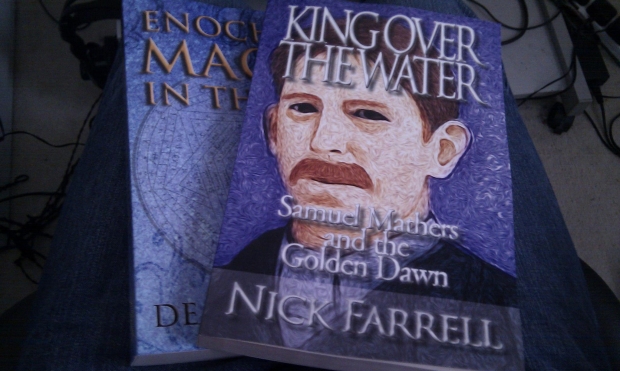The court says that offering 'second-hand' e-books for sale qualifies as an unauthorised 'communication to the public' under the 2001 InfoSec Directive. This ruling has implications not only for the book industry, but for the digital film, gaming and music sectors too.
The case involves a Dutch startup called Tom Kabinet, which has since 2014 been trying to make the second-hand ebook market work. At first, it simply tried to run a second-hand ebook market, but publishers took it to court and won a ruling saying Tom Kabinet had to make sure it wasn't selling pirated copies of ebooks.
The outfit rethought its strategy and morphed into a kind of book club. Now even that model has been ruled illegal.
Tom Kabinet's users "donate" the download links for the ebooks they have bought from standard retailers like Kobo and ebooks.com, in exchange for credits that can be used to buy other ebooks from Tom Kabinet. This doesn't work with ebooks from Amazon, which does not use download links in its system.
The idea is that using the original links ensures the ebooks have been legitimately bought in the first place and that the same copy isn't being placed on the platform multiple times. The Dutch publishing industry was still not impressed and asked a district court in The Hague for an injunction against Tom Kabinet's activities. The district court asked the Court of Justice of the European Union for its opinion, which arrived Thursday. The EU court essentially said Tom Kabinet was breaking European copyright law.
Tom Kabinet's defence was that the so-called "rule of exhaustion" should apply when it comes to second-hand ebooks, as it does with paper books -- in other words, after the ebook has been sold the first time, the publisher no longer has a right to control how it is traded.
The exhaustion principle is part of European copyright law, but the Court of Justice said the lawmakers had only intended it to apply to physical books. The court said the rule would be unfair in the ebook world, because "digital copies of ebooks do not deteriorate with use and are, therefore, perfect substitutes for new copies on any second-hand market".




